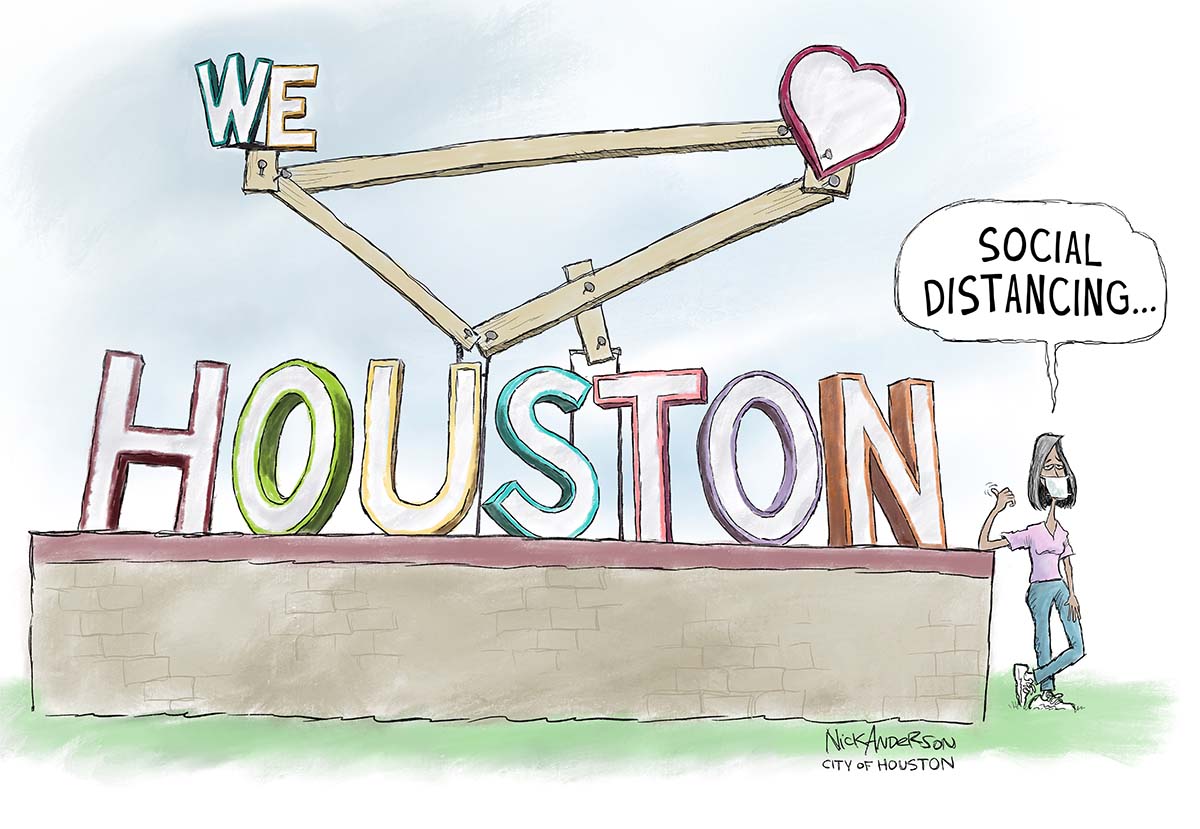Houston Supportive
HB 2911: Next Generation 9-1-1

Houston City Council Member Abbie Kamin chairs the Public Safety and Homeland Security Committee. Council Member Kamin works closely with Houston Fire Chief Sam Peña and Director of the Mayor’s Office of Public Safety and Homeland Security, Chief George Buenik to ensure residents' calls for police, fire, and emergency medical services are received, processed, and dispatched as quickly and accurately as possible. An essential part of this service is the Houston Emergency Center (HEC).
- HEC is a state-of-the-art facility for the City’s emergency communications, including its 9-1-1 public safety answering point and police, fire, and EMS dispatch operations. During the committee review process, it became abundantly clear that increased investment in 9-1-1 emergency network resources and public safety infrastructure, particularly, new technology was needed.
The problem is that Texas (and therefore the Greater Harris County) 9-1-1 Emergency system still relies on 50-year-old infrastructure and many smart phone features cannot be used. Texans dialed 9-1-1- over 17 million times last year to reach first responders in time of urgent need. Wireless calls account for more than 85% of those total calls.
Next generation 9-1-1 (NG9-1-1) technology is essential to increase the reliability and capabilities of the system. 9-1-1 services in Texas are funded by fees assessed on landline and wireless services. Landline phones and service continue to decrease because fewer and fewer people own a home phone anymore. Therefore, many local 9-1-1 entities are seeing an annual loss of landlines of 11 to 16 percent. The Greater Harris County system which supports other local municipal emergency systems has seen an even greater loss.
No one likes fees, however, the current wireless fee of $0.50 has not changed since it was first set in statute in 1997 and is not currently enough to allow upgrades to NG9-1–1. It is critical that 9-1-1 entities have the ability to retire outdated legacy systems to allow for upgraded NG9-1-1 services which will ensure all Texans have access to public safety.
With that in mind, the City of Houston supported multiple pieces of legislation (HB 2248 by Rep. Senfronia Thompson and HB 2911 by Rep. James White,) to provide Texas with a stable funding mechanism to upgrade legacy 9-1-1 systems. Ultimately, through negotiation and advocacy, the City was happy to support a legislative solution that did not raise fees but will fund the upgrade of statewide emergency service systems.
House Bill 2911 provides all parts of the state must be covered by Next Generation 9-1-1 service. The bill will create the Next Generation 9-1-1 fund in the state treasury outside the state general revenue fund and direct $100 million from money received by the state of Texas from the federal government from the state portion of the Coronavirus State and Local Fiscal Recovery Fund established under Section 9901 of the American Rescue Plan Act of 2021, or any other federal dollars received by the state from the federal government, to the credit of the Next Generation 9-1-1 fund.
Further the bill provides that money deposited to the credit of the next generation 9-1-1 service fund may be used only for the purpose of supporting the deployment and reliable operation of next generation 9-1-1 service, including the costs of equipment, operations, and administration and may be distributed to only the Commission on State Emergency Communications and emergency communication districts.